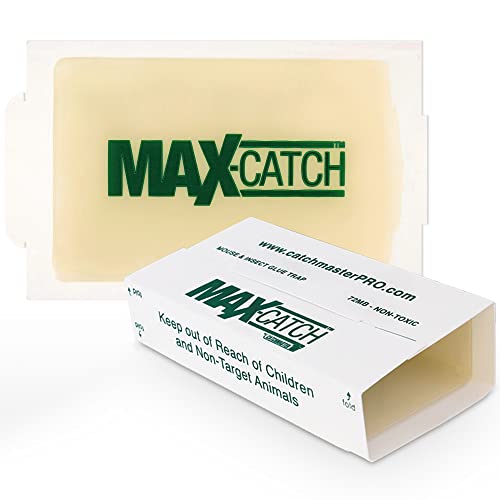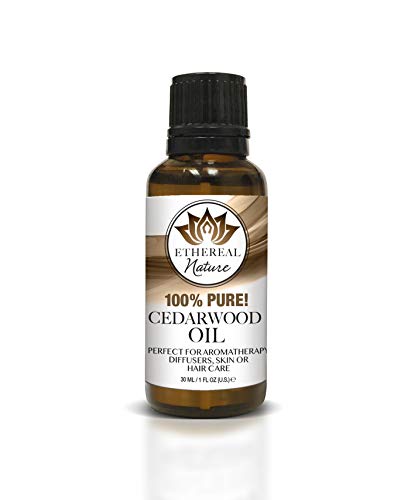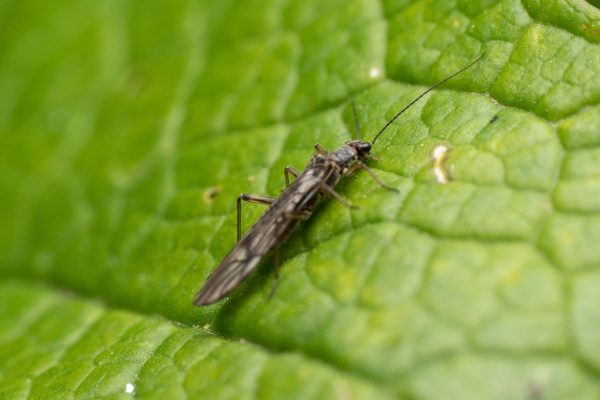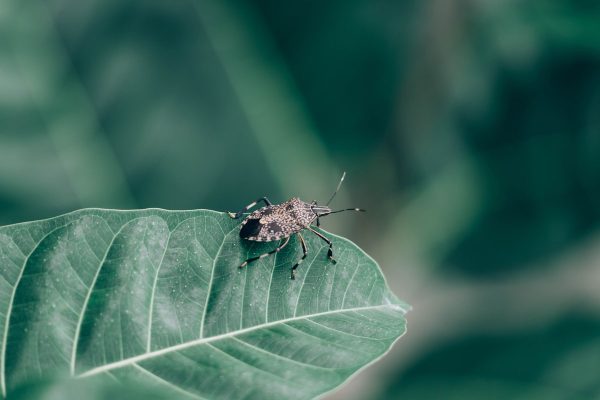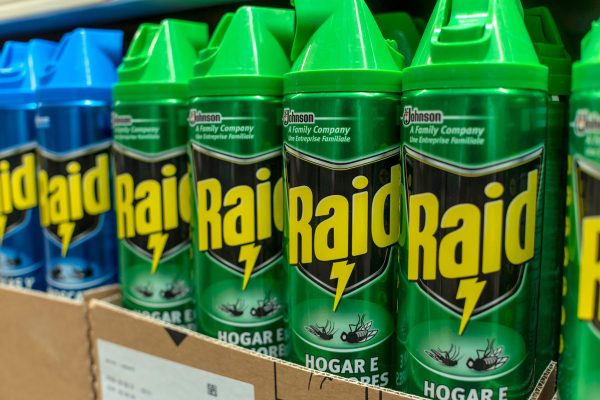If you were to ask where earwigs love to stay the most, the answer would be in potted plants. You can see them most of the time hiding underneath foliage. And we are all interested in how to get rid of them. And you have come to the right place! We conducted thorough research to find out how.
To get rid of these stubborn earwigs in potted plants, you can try one or all of the following:
- dry out the garden
- utilize rubbing alcohol
- create vegetable oil traps
- use boric acid
- apply petroleum jelly
- utilize sticky barriers
- use soapy water
- apply diatomaceous earth
- incorporate essential oils
Knowing how to use these things to get rid of earwigs would be best. And to do that, we suggest you keep reading. Doing so might also help answer some of your additional questions. Let's delve into the details!
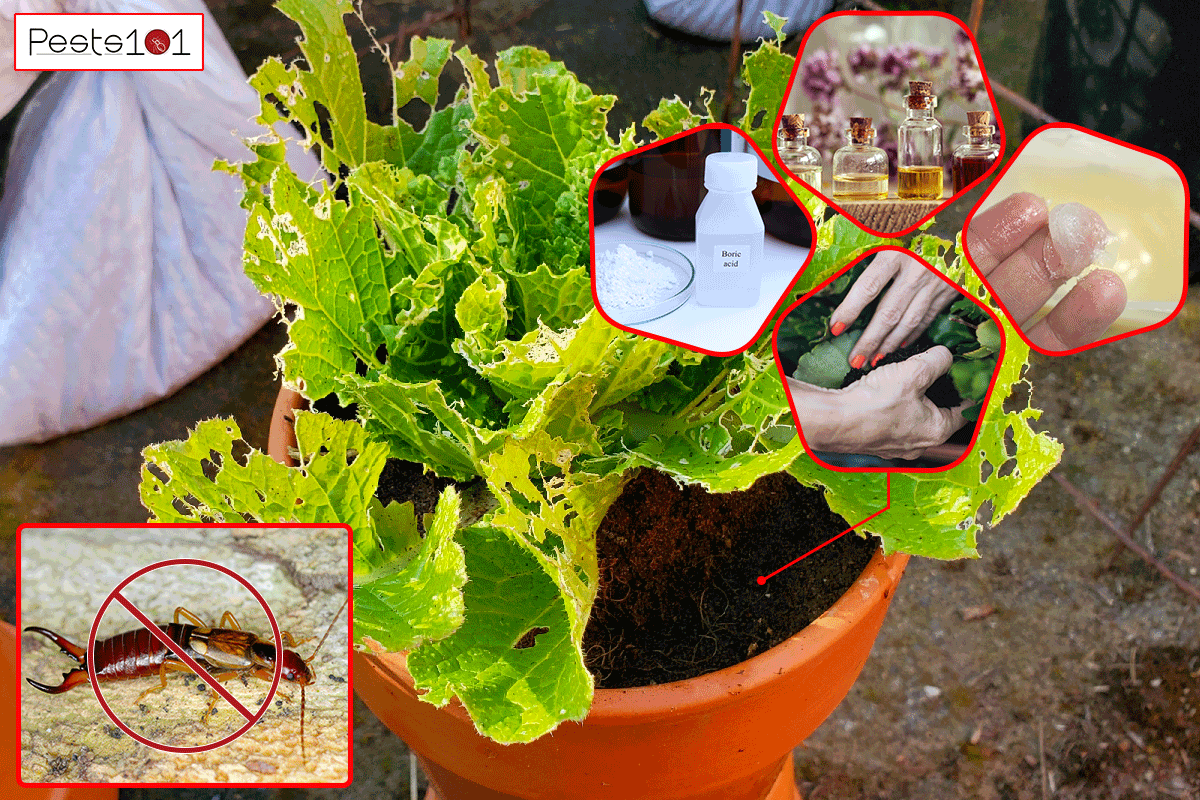
How to Naturally Eliminate Earwigs In Potted Plants
Earwigs are challenging to eradicate due to their rapid reproductive rate. Check out what works best for you by experimenting with a couple of the cures provided.
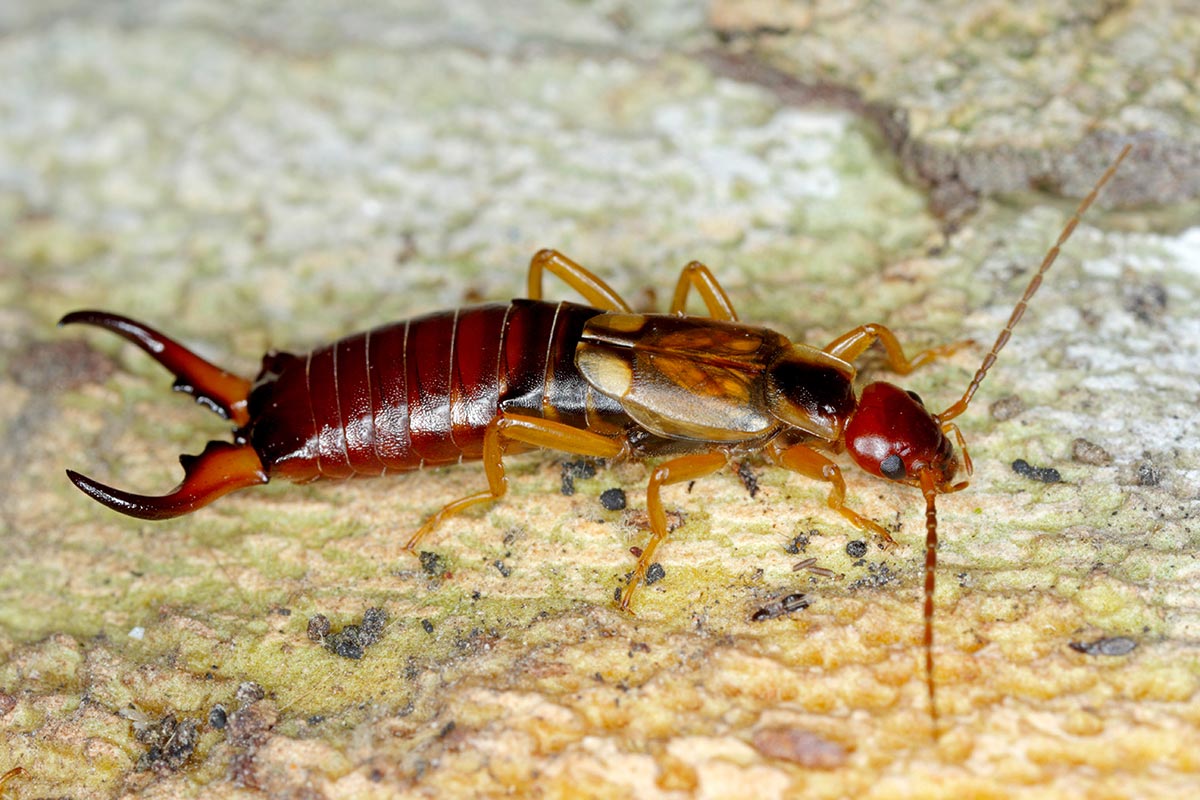
dry out the garden
Generally, the only method required is to remove any mulch from the soil in the pot they are swarming. It's a temporary measure until the earwigs find a new residence.
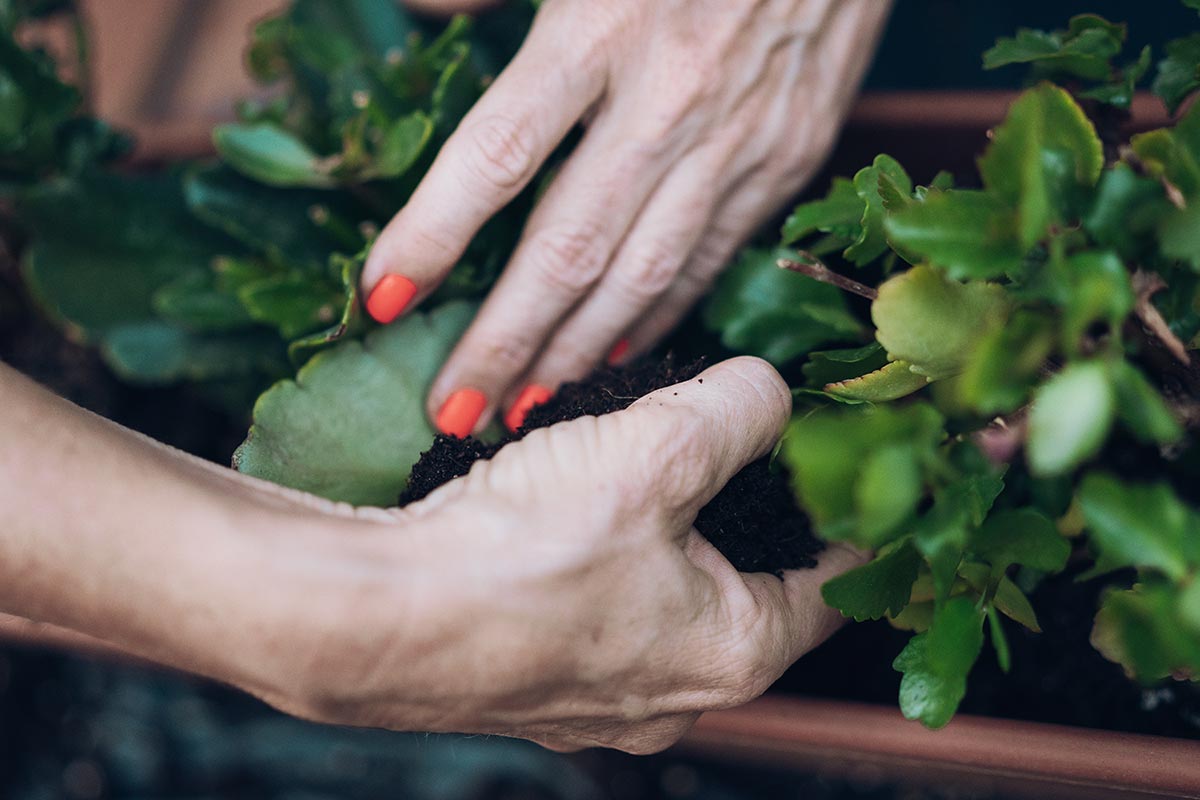
After that, you can replace and put down more mulch and continue improving the soil. Mulch-dwelling pests like slugs, snails, and the like benefit from the same conditions; thus, removing the infested mulch could help.
utilize Rubbing alcohol
You can end earwig infestations quickly and effectively by using rubbing alcohol. The rubbing alcohol breaks through the earwig's shell and dissolves the waxy layer that keeps water away. You can fill a spray bottle with any isopropyl alcohol to do this.
There is no reason for watering it down. When you spot an earwig, spray the alcohol straight onto the pest. Ending the unwanted insect won't take more than a few seconds.
Nowadays, it's not uncommon to see retail brands packaged in convenient spray bottles. Getting a bottle that has a sprayer built in will save you time and effort when shopping.
Due to the rapid rate at which it evaporates, rubbing alcohol does not seem to be an effective insect repellent when used against earwigs.
You shouldn't use it as a deterrent; instead, use it as a pesticide. In addition to being effective against cockroaches and silverfish, it is also effective against brown recluse spiders.
create a vegetable Oil trap
You may take advantage of the fact that earwigs are not very good swimmers by applying vegetable oil and soy sauce into a tempting trap. You only need a few everyday household items and some time to construct your oil trap at home.
How to create the trap:
- Combine the vegetable oil and soy sauce in a container or cup with a lid.
- Cut holes in the lid of the container gently with the scissors. The earwigs need to be able to fit through the openings.
- You should put the container where you notice the pincher bugs. To achieve this, create a hole in the soil and put the cup into it. However, since we are talking about potted plants, you can just put several containers around them atop the soil.
- Bring the dirt up to the level of the lid by filling in the space around it. Earwigs can enter the trap more readily if the top is flush.
How Vegetable Oil Traps Work
The fragrance of soy sauce will attract the earwigs and eventually find their way inside the container through the holes in the top. They can pass through the opening in the lid and land in your container below.
The oil prevents them from swimming out of the cup; thus, they will perish there.
You can achieve more effective pest control by strategically setting out several oil traps around the garden. The soy sauce in the traps will lose its potency after a month, so you should change them out often.
Use boric acid or borax
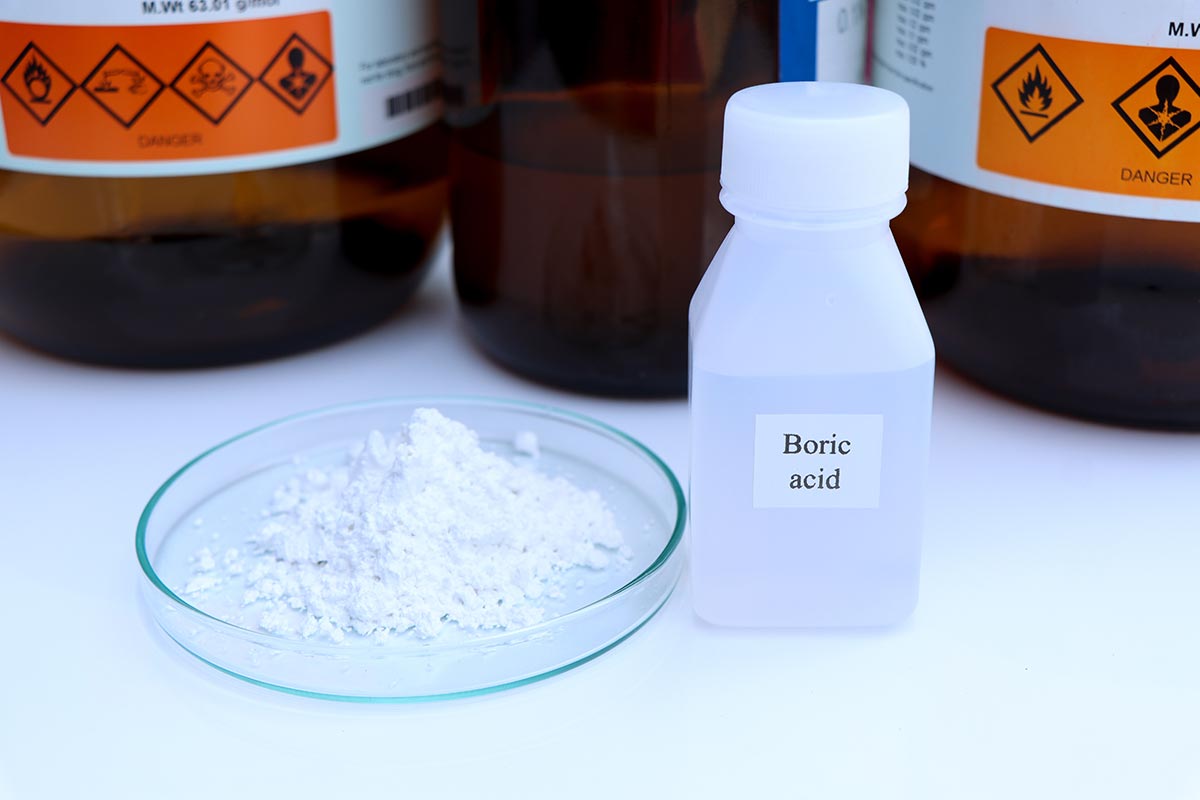
Every earwig that treads on a bed of Borax will die due to the powder's distinctive crystalline structure. If they waddle through sufficient amounts, it can puncture their exoskeleton and kill them.
However, because they know this powder may be hazardous to them, most pincher bugs will avoid Borax. Sprinkle boric acid powder where you want pincher bugs to stay away, preferably on the edges of your potted plants.
Additionally, you can use Borax to keep earwigs out of a room. It's like an impassable barrier.
When working with Borax, it is vital to protect your hands and face by wearing gloves and a mask. Avoid coming into direct touch with the powder and breathing it in. Additionally, you must ensure the safety of your children and pets when using Borax.
When the situation with the pests has been resolved, it would be best to vacuum up the Borax and dispose of it securely. Also, pill bugs and carpenter ants are no match for the might of Borax.
Check out this Borax on Amazon.
Apply Petroleum Jelly
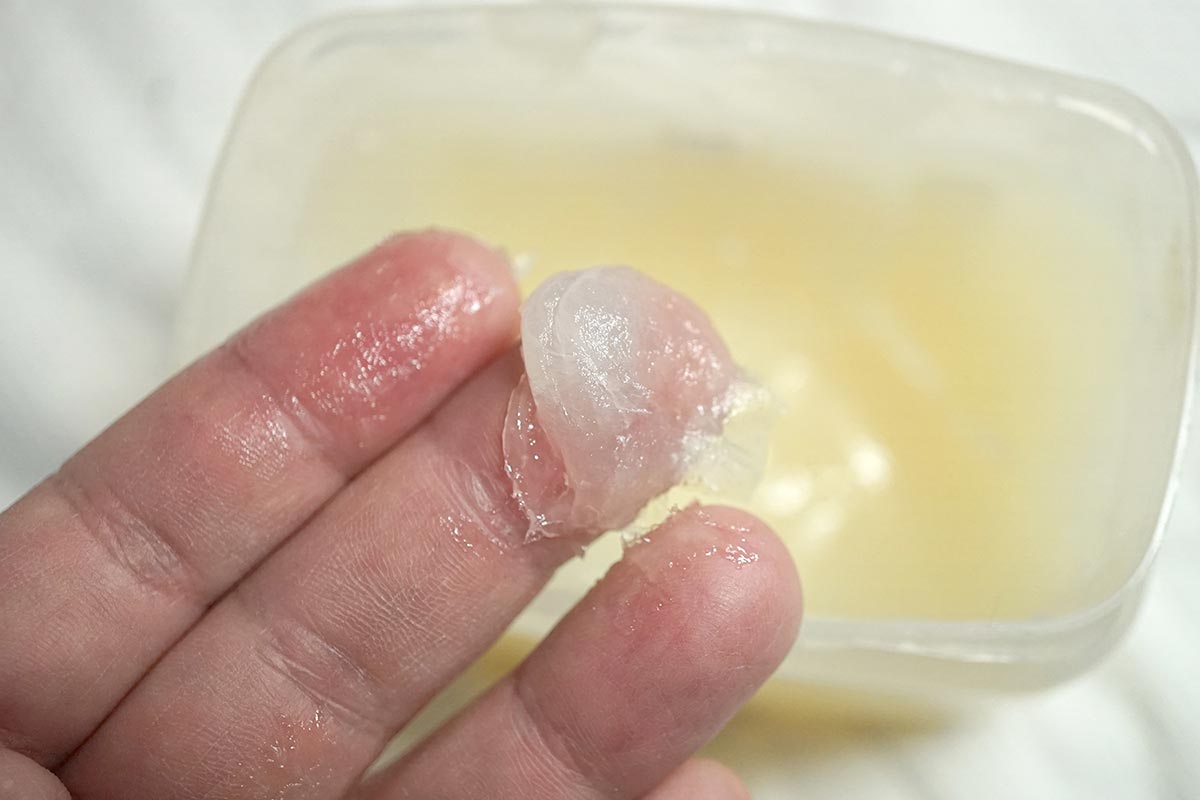
Earwigs have trouble grasping petroleum jelly. Therefore it helps prevent them from sticking. They aren't sure what the jelly is, so they steer clear of it.
If you have earwigs in your home, you can eliminate them by spreading petroleum jelly on your potted plants. Your plants will be protected from harm by a reliable barrier.
Instead of immediately covering the entire plant with jelly, try it on a small leaf section first and observe for any adverse reaction. It's better to be safe than sorry when it comes to plants.
utilize sticky traps
Applying a sticky trap to the exterior soil of your potted plants with something like Tanglefoot or sticky tape is a good idea. Since earwigs are crawlers, they will become entangled in the sticky mess before they can inflict any damage to the tree or shrub they are trying to climb.
Check out these sticky traps on Amazon.
Soapy Water
Soapy water makes a suitable earwig insecticide. It is one of the best homemade earwig elimination sprays.
- Stir one spoonful of dish soap into a cup of water until it diffuses.
- Fill a spray bottle with the mixture.
- Then spray it on every pincher bug you see on your potted plants. It kills them quickly and naturally.
You may also spritz your potted plants with soapy water, but before you do so, you should do a preliminary test on a leaf that is not easily visible to determine how the plant will respond.
If everything seems good, then you should apply it to the whole plant. In addition, dish soap is effective in killing a variety of other common pests that feed on plants, including fig beetles.
Read: "Does Dish Soap Kill Armyworms?"
Apply diatomaceous earth
Diatomaceous earth is an additional excellent method for eliminating earwigs. You can utilize this powder to treat areas of your home that earwigs infest. Place it beneath and around windows, doors, and patios.
Earwigs will be dehydrated upon contact with the diatomaceous earth, which will assist in preventing them and, eventually, killing them. In addition to its function as a pesticide, diatomaceous earth may benefit your indoor or outdoor plants if you sprinkle some around the bottom of the plant's container.
If earwigs are preventing your plant from growing, you can trap them using a ring of diatomaceous earth around the base of the potted plant. The pests must pass through the diatomaceous earth first before reaching the plants' leaves.
Suppose your plant is lying on the ground or in the dirt, providing easy access for the pest. In that case, you should either trim it, prop it up with stakes, or treat it with diatomaceous earth in combination with another substance, such as petroleum jelly or dish soap.
Check out this diatomaceous earth on Amazon.
Incorporate essential oils
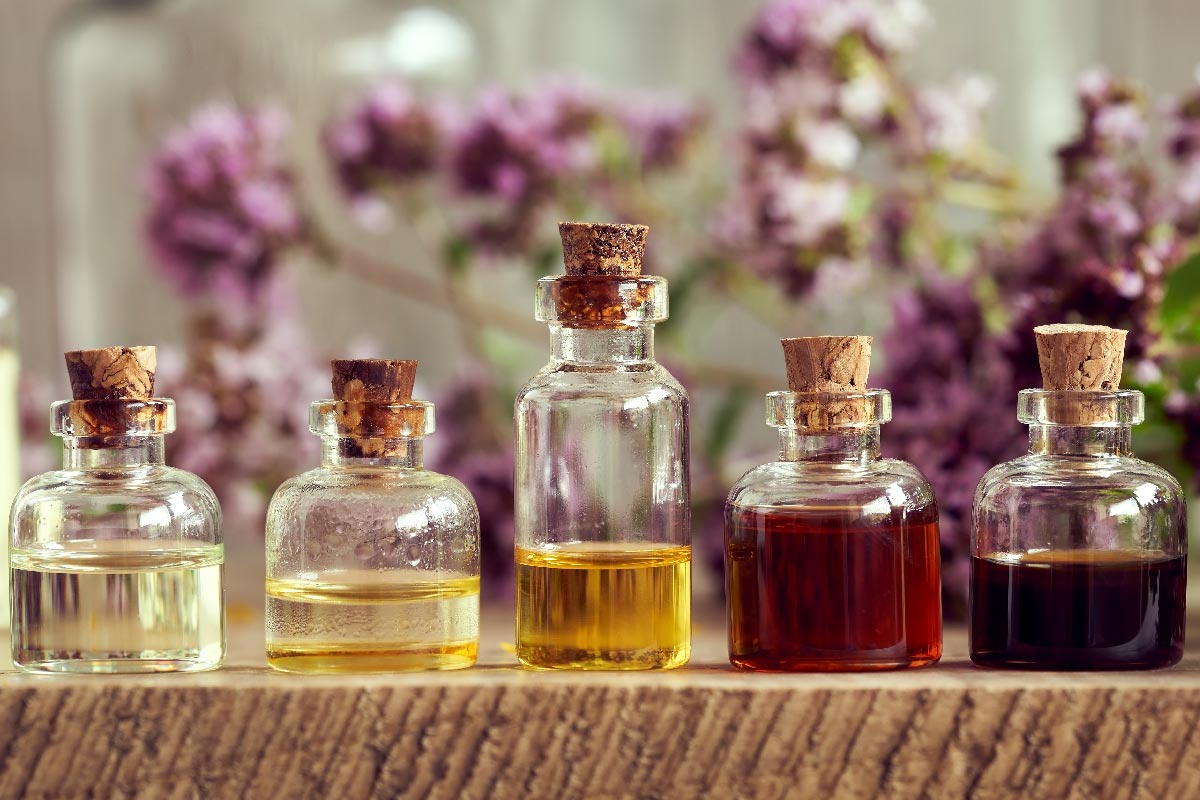
Before attempting to get rid of earwigs with essential oil, be sure you know what you're doing. Essential oils can also be used in the garden or among plants, albeit daily reapplication is required due to natural diffusion.
Several essential oils are effective against earwigs, such as:
- eucalyptus
- peppermint
- cedarwood
- lavender
- citronella
- cinnamon
- clove
- basil
Though the specific essential oil may vary, the method remains the same. Add two or three drops of the oil to a gallon of water.
The next step is to fill up a spray bottle. You should spray it in the areas of the gardening pot where earwigs are present. Additionally, if you find them in outbuildings or storage sheds, spray them down. You can deter earwigs from your house in a natural way by the oil's scent.
You may need to experiment with different oil concentrations before finding one that works. Increase the oil or decrease the water if the mixture is too thin. If it's too potent, dilute it with extra water or oil. Remember that certain oils might be dangerous for pets and those with allergies.
Read: "Does Peppermint Oil Repel Silverfish?"
Do earwigs pose a threat?
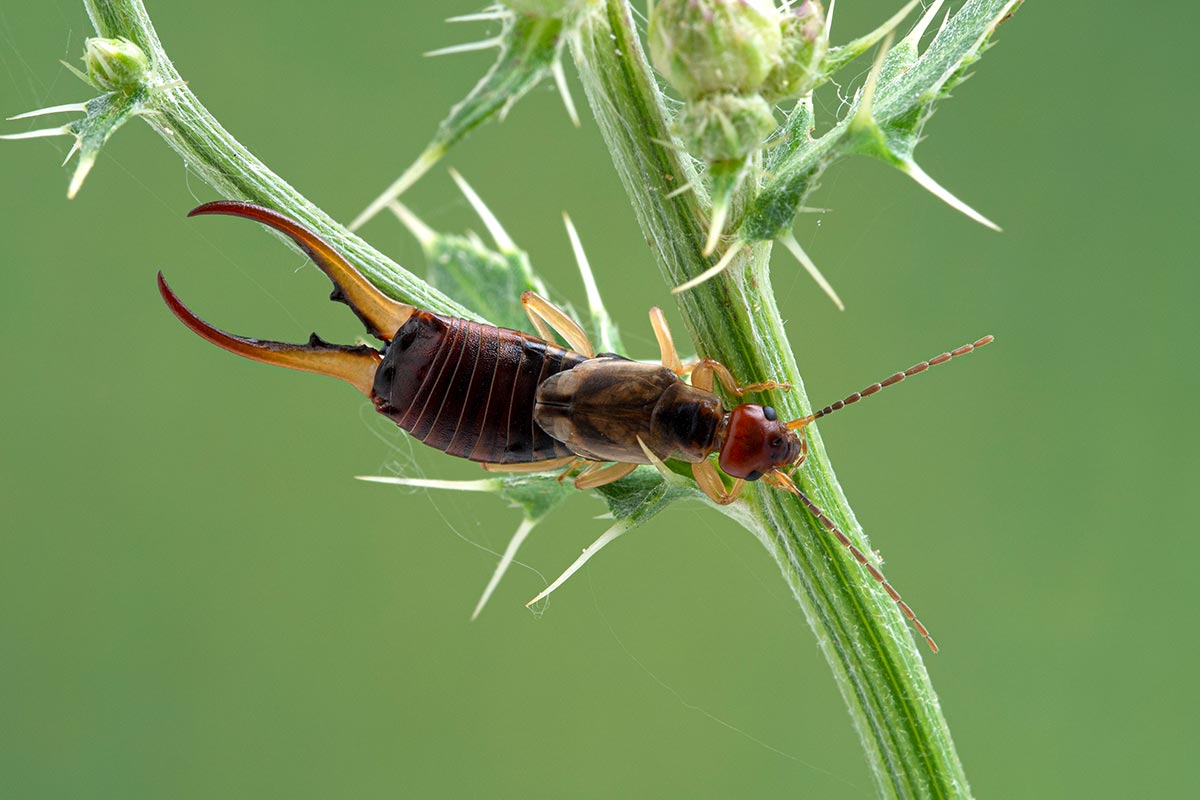
There is a widespread negative perception about earwigs. They aren't as harmful as the urban mythology would have you believe. It is a fabrication, and it's ludicrous. Despite their bad reputation, earwigs pose no threat to human health. Mostly.
If provoked, they may resort to pinching with their pincers, although even then, the pinch does very little damage to the target. Neither do they inject venom, nor are they poisonous. They also don't spread any sickness. Lastly, pincher bugs don't bite people.
What attracts earwigs
Moisture, food, and shelter attract earwigs. They don't generally live with humans, although poor weather may bring them indoors.
summary
If you don't want your plants to receive too much damage from earwigs, we suggest you eliminate them immediately using the above methods.


